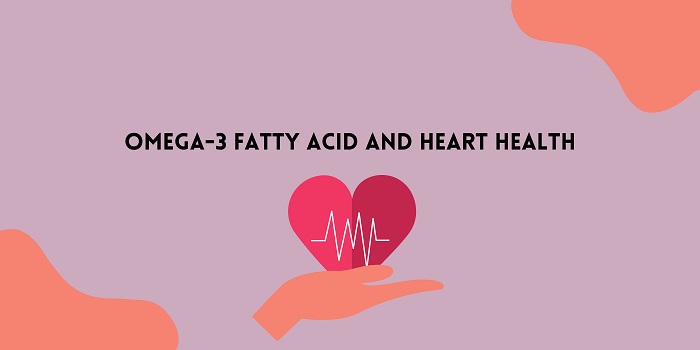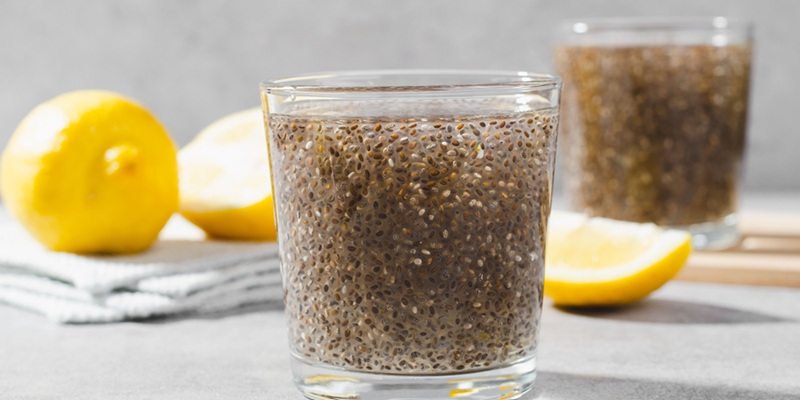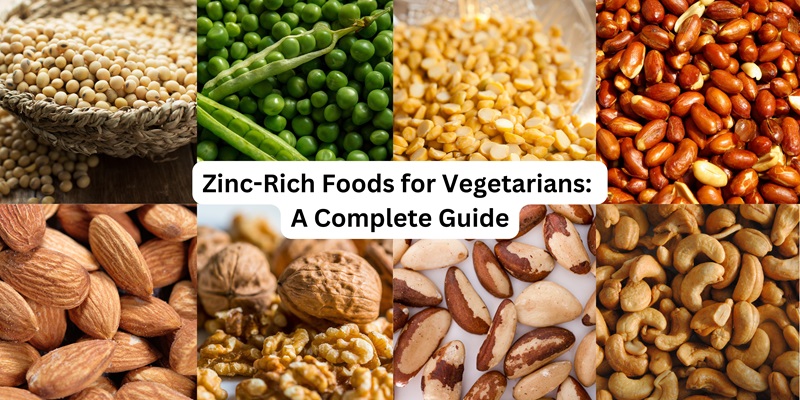To lead a healthy life, maintaining a healthy heart is crucial, especially given the challenges we face in heart health today. Consuming proper, nutritious foods that are heart-friendly is essential. Omega-3 fatty acids, in particular, have gained significant attention for their benefits to cardiovascular health. These fatty acids play a crucial role in supporting a healthy heart and have been associated with positive health outcomes.
This blog explores the significance of omega-3 fatty acids, their impact on heart health, and explore the best dietary sources to incorporate into your daily nutrition.
What are Omega-3 Fatty Acids?
Omega-3 fatty acids are a type of polyunsaturated fat that the body needs for various functions. There are three main types of omega-3 fatty acids: alpha-linolenic acid (ALA), eicosapentaenoic acid (EPA), and docosahexaenoic acid (DHA). While ALA is primarily found in plant sources, EPA and DHA are more commonly found in fatty fish and other marine sources.
The Importance of Omega-3 Fatty Acids for Heart Health
Numerous scientific studies have highlighted the role of omega-3 fatty acids in promoting heart health and reducing the risk of cardiovascular diseases. These essential fats have been associated with several benefits, including:
- Reducing Triglyceride Levels: Omega-3 fatty acids, particularly EPA and DHA, have been shown to lower blood triglyceride levels, a type of fat that plays a role in heart disease.
- Lowering Blood Pressure: Some studies suggest that omega-3 fatty acids may contribute to the reduction of high blood pressure, a significant risk factor for heart disease.
- Anti-Inflammatory Effects: Chronic inflammation is a key factor in the development of cardiovascular diseases. Omega-3s exhibit anti-inflammatory properties, helping to mitigate inflammation and support overall heart health.
- Improving Cholesterol Levels: Omega-3 fatty acids can positively influence cholesterol levels by increasing high-density lipoprotein (HDL or “good” cholesterol) and reducing low-density lipoprotein (LDL or “bad” cholesterol).
Best Sources of Omega-3 Fatty Acids
Now we understood the importance of omega-3 fatty acids for heart health, let’s explore the best dietary sources to ensure an adequate intake of these essential nutrients.
- Fatty Fish: Fatty fish such as salmon, mackerel, sardines, herring, and trout are among the richest sources of eicosapentaenoic (EPA) acid and docosahexaenoic acid (DHA) . Consuming at least two servings of fatty fish per week is recommended to meet omega-3 requirements.
- Chia Seeds: Chia seeds are an excellent plant-based source of alpha-linolenic acid (ALA), the precursor to EPA and DHA. These tiny seeds can easily be incorporated into smoothies, yogurt, or oatmeal for a nutritional boost.
- Flaxseeds: Flaxseeds are another plant-based option rich in ALA. Grinding flaxseeds before consumption enhances the absorption of ALA. Add flaxseed to your cereal, salads, or blend them into your favorite smoothie.
- Walnuts: Walnuts are not only a tasty snack but also a good source of ALA. Incorporate walnuts into your diet by adding them to salads, yogurt, or enjoying them on their own.
- Seaweed and Algae: For those following a vegetarian or vegan diet, seaweed and algae-based supplements are available as sources of DHA. These can be particularly beneficial for individuals who do not consume fish.
- Canola Oil: Canola oil is a cooking oil that contains a moderate amount of ALA. It can be used in various culinary applications, such as salad dressings or for sautéing.
- Soybeans and Soy Products: Soybeans and soy-based products like tofu and edamame are rich in ALA. Including soy in your diet provides a plant-based alternative for omega-3 fatty acids.
Also read our blog on walnut health benefits
Incorporating Omega-3s into Your Diet
Ensuring an adequate intake of omega-3 fatty acids can be achieved through a balanced and diverse diet. Here are some practical tips for incorporating these heart-healthy fats into your daily meals:
- Frequent Fatty Fish Consumption: Aim to include fatty fish in your diet at least twice a week. Grilled salmon, sardine salads, or baked trout are delicious and nutritious options.
- Add Seeds to Your Meals: Sprinkle chia seeds or ground flaxseeds onto your morning cereal, yogurt, or smoothie. This simple addition can enhance both the flavor and nutritional value of your meals.
- Choose Omega-3 Fortified Foods: Some foods, such as certain types of eggs, yogurt, and milk, are now available in omega-3 fortified versions. These can be convenient options for those looking to boost their omega-3 intake.
- Snack on Walnuts: Keep a handful of walnuts as a convenient and heart-healthy snack. They provide a satisfying crunch and a dose of beneficial ALA.
- Explore Plant-Based Alternatives: If you follow a vegetarian or vegan diet, consider incorporating seaweed, algae-based supplements, and plant-based oils into your meals to ensure a sufficient omega-3 intake.
Conclusion
Omega-3 fatty acids play a vital role in maintaining heart health and reducing the risk of cardiovascular diseases. By having a variety of sources into your diet, whether from fatty fish, seeds, or plant-based alternatives, you can ensure an optimal intake of these essential nutrients. Making informed dietary choices and adopting a heart-healthy lifestyle can contribute to overall well-being and a healthier cardiovascular system.






